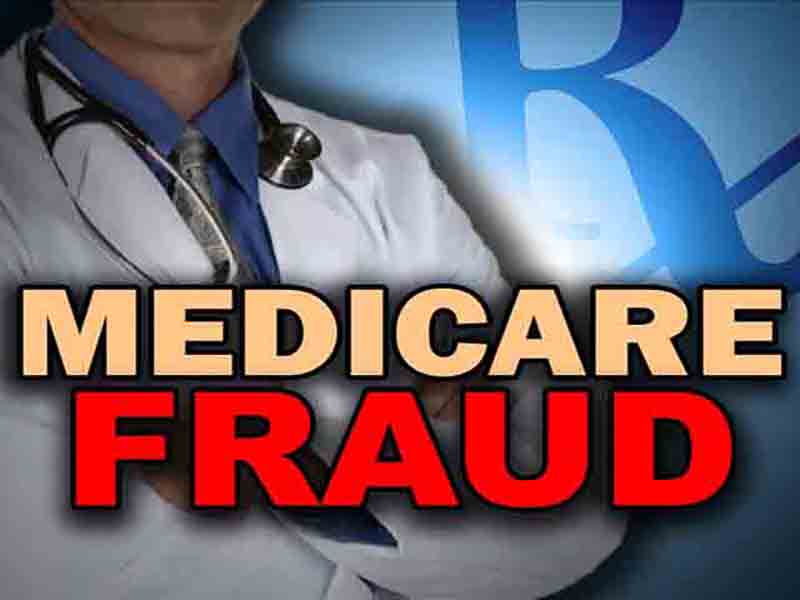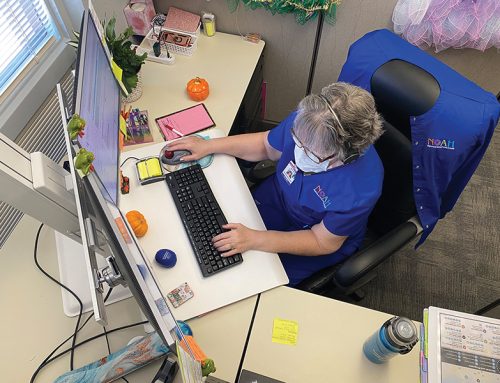By Judy Cohen
Medicare Plans Specialist and Educator
As Medicare beneficiaries begin receiving their new Medicare cards, it’s important now more than ever they protect themselves, and Medicare, against fraud and to report anything suspicious.
Recent reports indicate there are multiple scams where the beneficiary is told to provide their Social Security number and bank information in exchange for their new Medicare card. Medicare and Social Security Administration will not randomly call you asking for such information. If you’re asked to pay for your new card or threatened that you’ll lose your Medicare benefits if you don’t give them money and personal information, hang up immediately. Your benefits will remain unchanged and the free cards are automatically sent to you. The new card is unique to the beneficiary and has no expiration date. If you lose your Medicare card, you can request a new one for free from the Social Security Administration.
You can protect yourself and Medicare against fraud by reviewing your Medicare claims for errors and reporting anything suspicious to Medicare. Whenever you receive health care services, record the dates in a safe place, and save the receipts and statements you get from your providers. Then, compare this information with your statement from Medicare and your insurance company; you want to ensure that you received each service listed and that all the details are correct. It should also include the prescriptions that you had filled. If you think there’s an error, talk to your provider’s office immediately; they’ll either tell you why the payment notice is correct and help you understand the services or supplies you received, or else they should fix the mistake.
However, if you find items listed in your claims for which you don’t have a record, it’s possible that you or Medicare may have been billed for services or items you didn’t receive. If you’ve contacted the provider and you do suspect that Medicare is being charged for health care you didn’t receive, or you don’t know the provider on the claim, it is suggested that you report it.
When you check your claims early, you may help stop fraud sooner. Your claims can be found on MyMedicare.gov, or by calling 1-800-MEDICARE (1-800-633-4227). TTY users should call 1-877-486-2048.
Further, it’s important to use caution with providers who tell you that the more tests they perform, the less you pay out of pocket. If they offer you gifts as incentives to use their services or tell you they know how to get Medicare to pay for something that’s not covered under your plan, be wary. Also, be caution with those providers who claim that Medicare endorses their products or services.
If you suspect Medicare fraud, it can be reported in any of these ways:
• Call 1-800-MEDICARE (1-800-633-4227).
• Report it online to the Office of the Inspector General:
https://forms.oig.hhs.gov/hotlineoperations/report-fraud-form.aspx?AspxAutoDetectCookieSupport=1
• Call the Office of the Inspector General at 1800HHSTIPS (1-800-447-8477). TTYY: 1-800-377-4950.
If you need additional information, you may choose to speak with a licensed and certified professional agent at no cost or obligation to you.




